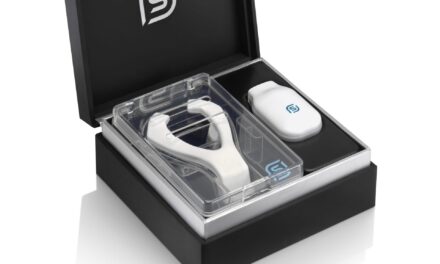The Physician-Patient Alliance for Health & Safety (PPAHS) and Brian Evans, singer and nominee for Hawaii’s 2nd congressional district, have made plans to evaluate hospitals on their sleep apnea preparedness.
Almost six years after a lawsuit for negligence was filed, a verdict was handed down on September 17, 2018, in the case of Helen Marie Bousquet, who died after knee surgery: One of the defendants settled the case before the jury verdict and one of the nursing defendants was found negligent. Bousquet’s son says the case highlights the need for better assessment of patients for sleep apnea and for better treatment and monitoring of such patients before, during, and after surgery.
In honor of the memory of Bousquet, PPAHS has announced the creation of the Helen Marie Bousquet Fund. The Helen Marie Bousquet Fund will be established to help prevent further patient deaths from occurring by evaluating hospitals for their sleep apnea preparedness based on their:
- Assessment of patients for sleep apnea before surgery.
- Treatment of patients diagnosed with sleep apnea, including providing: Positive airway pressure (PAP) therapy during their hospital stay; opioid-reducing therapies used before, during and after surgery.
- Continuous electronic monitoring of patients receiving opioids after surgery.
The Helen Marie Bousquet Fund will also help educate clinicians on the best practices for assessing and treating patients for sleep apnea.
Evans implored hospitals to take better care of their patients with sleep apnea. “No one should have to spend almost six years trying to show that their loved one has died from hospital negligence,” he says. “My mother had undergone a sleep study and, as a result, been diagnosed with sleep apnea. This diagnosis of sleep apnea was on her hospital chart and was by the very same doctors who later cleared her for her knee surgery. She had been prescribed a sleep apnea machine to be used when she sleeps. It is incredible how doctors can diagnose a patient with sleep apnea, clear that patient for surgery, and perform surgery—all at the very same hospital. But, despite this, she is administered morphine, comes out of surgery, and they put her in recovery with no CPAP machine and no monitor of her breathing or heart that would have alerted her doctors and nurses to her deteriorating condition.”
Michael Wong, JD, founder/executive director of the Physician-Patient Alliance for Health & Safety, encouraged all hospitals to adopt best practices in assessing and treating patients with sleep apnea. “We have the knowledge to improve patient safety. We only need to be open to adopting best practices and be honest in our analysis of medical errors and learning from them,” he says.



